What is the Best Temperature for Sleeping?
There is nothing better than the peace a good night's sleep brings. However, how many times has it happened to you that you kept tossing and turning all night because you either felt too hot or too cold? Many, right?
This can be a nuisance and leave you cranky in the morning, ultimately ruining the whole day. While this is annoying, have you ever thought about why this happens, the science behind the link between sleep and temperature, and how you can maintain it to ensure that you sleep peacefully throughout the night?
If yes, and these are all the answers you seek, then worry not because you have landed on the right page. Hop on below to learn the best temperature for sleep and all the other related aspects.
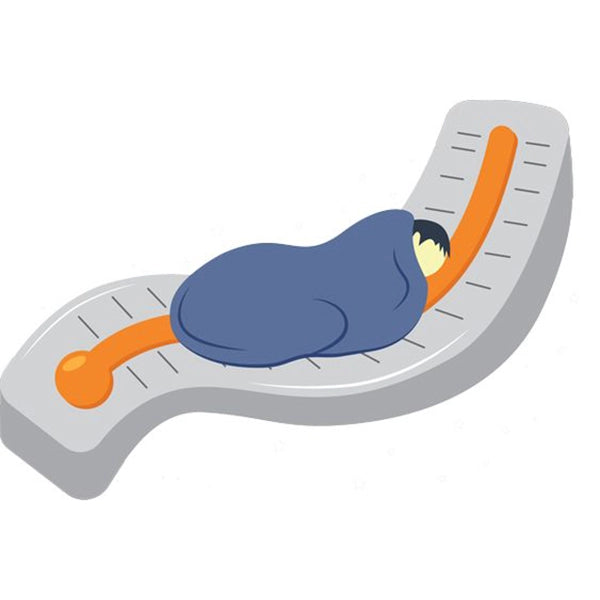
Source: sleepadvisor.org
1. What is the Science Behind the Ideal Sleep Temperature?
There are science-backed reasons why a specific temperature between 60 to 67 degrees Fahrenheit is adequate to ensure a better night's sleep for any individual.
According to sleep specialists and scientists, the body's internal temperature shifts during the 24 hours. These are due to the body's biological processes known as the body's circadian rhythm. When an individual goes to bed, the body begins to shed heat. This means that an individual's core body temperature cools overnight and reaches its low point near daybreak.
Hence, if the temperature in your sleep environment is too hot or too cold, it causes your body to experience a significant temperature change, which ultimately causes poor sleep. A study conducted in 2012 showed that bedroom temperature plays an essential factor in achieving quality sleep. Want to know why it happens and how this temperature might impact your sleep? We have it covered for you below.
2. How Does Temperature Impact Sleep?
When you haven't gotten a good night's sleep, you feel fatigued the entire day and cannot wait to go to bed and shut your eyes again. However, if the temperature in your room is not correct, this might also be the same for you the next day.
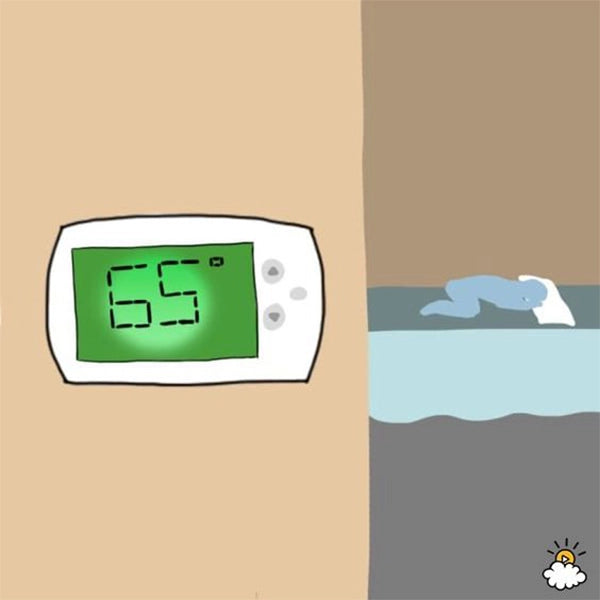
Source: littlethings.com
While it plays an essential role in melatonin production, temperature unarguably plays a vital role in maintaining your sleep. How so? Well, having an optimal temperature in your room significantly impacts your sleep onset or sleep efficiency. This is because too much hot sleep or exposure to heat can increase wakefulness and decrease rapid eye movement or REM sleep. On the other hand, if the room temperature is too low, you will also feel uncomfortable and thus have difficulty in sleeping.
Hence, according to several sleep specialists, thermoregulation is vital in staying in restorative slow-wave sleep stages. These are the stages where your body gets the best rest. Do you want to know how sleeping too hot or cold can impact these stages? Hop on below.
2.1 Sleeping Too Hot
If the room temperature is too hot or humid, an individual might experience restlessness or fail to fall asleep. In addition, some people constantly feel hot when in bed and struggle to cool down at night, which can be very frustrating and lead to destructive and uncomfortable night sleep. People of any age will experience the feeling of being too hot to sleep. However, the survey data shows that more than 62% of people aged 16 to 24 described themselves as hot sleepers.
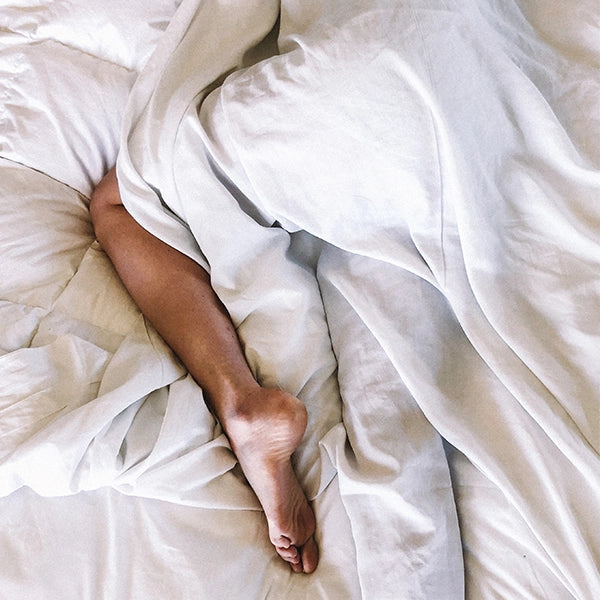
2.2 Sleeping Too Cold
While sleeping hot impacts your sleep, sleeping too cold also has downsides. While cold exposure doesn't impact your sleep cycle like it does for hot sleepers, it can still lead to other health issues. This is because when your body is cold, the body takes it upon itself to make it warm again.
The blood vessels constrict to enable this, and the breathing becomes shallow. All this puts extra pressure on an individual's cardiovascular system and changes blood pressure for better temperature regulation.
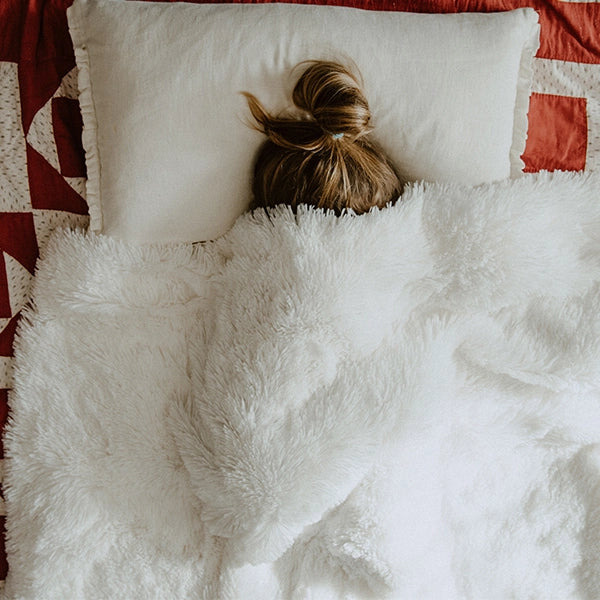
3. Does the Body's Sleep Temperature Change with Age?
While we did mention that the adequate temperature for normal adults to sleep is 60-67 degrees, do you think this will be the same for older adults, too? Well, no! According to aging research and peer-reviewed studies, our body goes through several changes as we grow old. One such change happens to be a decrease in body temperature, and another is a decrease in melatonin production.
Due to this, with age, the body of older adults weakens, and it takes time to adjust to newer impacts and changes around it. The best sleeping temperature for older people is 70-74 degrees Fahrenheit. The same is the case for babies, who sleep best at temperatures between 68-72 degrees Fahrenheit.
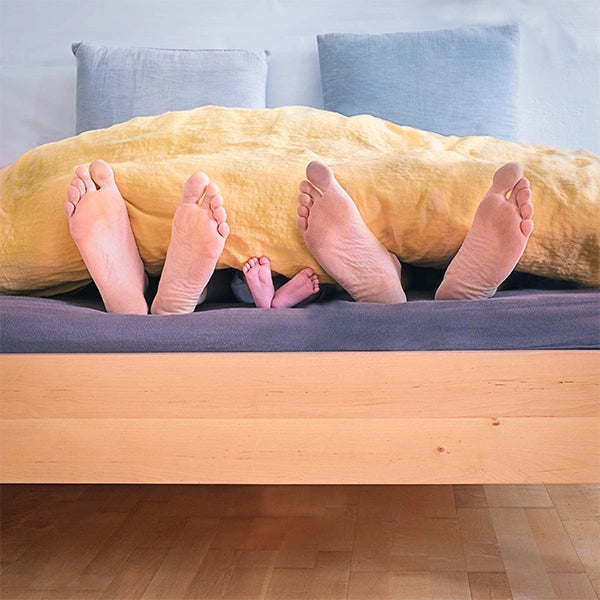
4. Ideal Sleep Temperature for Different Seasons
While your age plays a crucial role in determining the temperature which will help you sleep best, the season plays a significant impact, too. If you want some detailed information on this, read the paragraph mentioned below:
4.1 Best Temperature for Sleep in Summer
According to scientists, it is estimated that the ideal temperature for sleep during summer for any individual is around 65 degrees Fahrenheit.
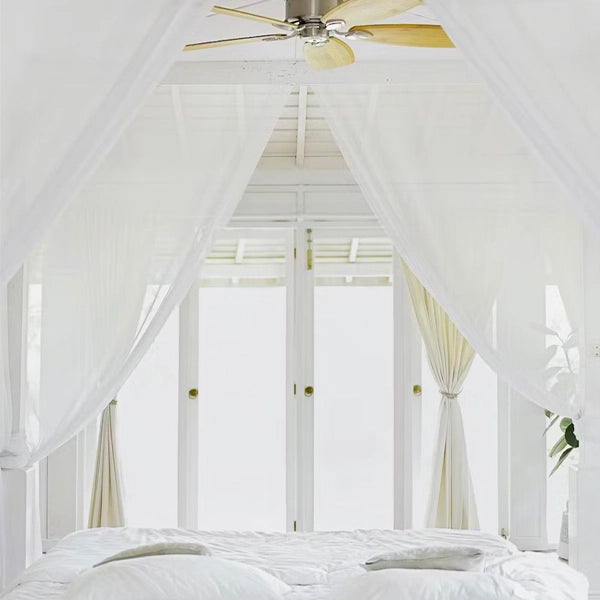
4.2 Best Temperature for Sleep in Winter
On the other hand, the best temperature to sleep during the winter season for any individual is between 60-68 degrees.
With this out of the way, if you want to know about how you can maintain this temperature range to ensure it positively impacts your body, then all you have to do is keep the points mentioned below in mind.
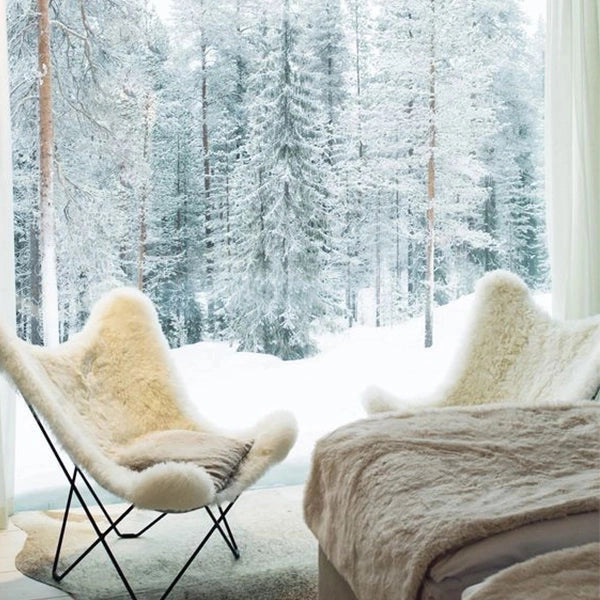
Photo by @ The Venue Report
5. How Can you Maintain the Best Temperature for Sleep?
There is no denying that we all seek sleep quality, which is the best. This is because having a good night's sleep gives your body the well-deserved rest it needs and ensures that your overall health remains adequate and that you function well the next working day.
Suppose you are looking for personal preferences or personal factors that might help maintain the exact required temperature and ensure better sleep quality. In that case, we might have a few essential points for you:
5.1 Too Hot or Too Cold:
- Regulate Room Temperature
Regulating the room's temperature and keeping your bedroom cool can play a significant role in this aspect. It can be done in several ways, some of which are:
Many people tend to have their thermostats on the slightly warmer side during the day. However, when going to sleep, it is essential to drop it down a bit to achieve a moderately cooler room at night.
Another great way to reduce the room's hot temperatures is by opening the windows or turning on the air-conditioning. If you want to bring your room back towards a warmer range, turning on the heat would help.
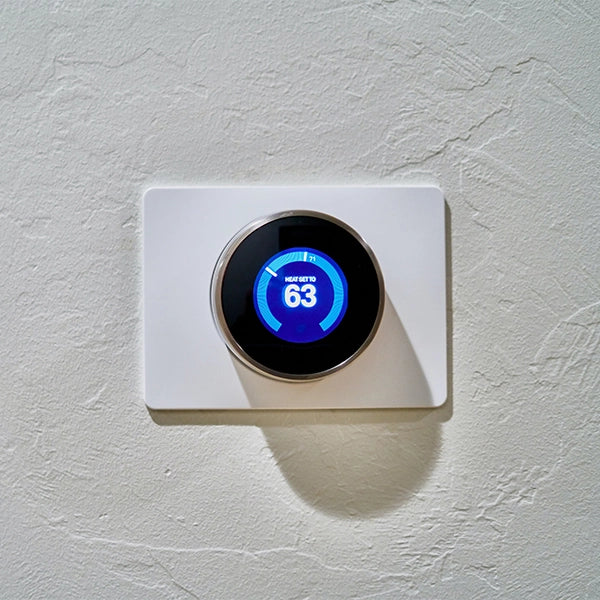
5.2 Feeling too Hot?
-
Take a Warm Bath an Hour Before Bed
According to several doctors and sleep specialists, taking a lukewarm bath before bed can help decrease the core body temperature while promoting melatonin production and sleep onset insomnia. This also ensures good sleep hygiene and helps you fall asleep.
If you don't like night showers but are tired of your sleep problems, soaking your feet in lukewarm water for 20-30 minutes might also work. This is probably one of the easiest yet most effective tactics to attain better sleep.
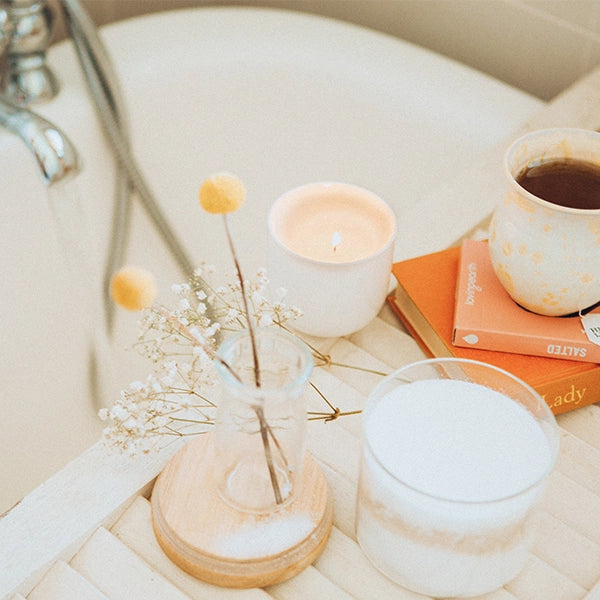
-
Close Blinds to Reduce Heat Build Up
During the day, when the sun is out, it can significantly disrupt your room's temperature towards a warmer medium. Hence, if you notice that the sun's heat is impacting your thermal environment, then it is about time you start drawing the curtains.
Closing your blinds or drawing your curtain during the day would help keep your bedroom cool and enhance your sleep efficiency. If you believe that the area you live in gets quite hot during the day, which makes your bedroom temperature humid at night as well, following this tip might greatly help improve sleep.
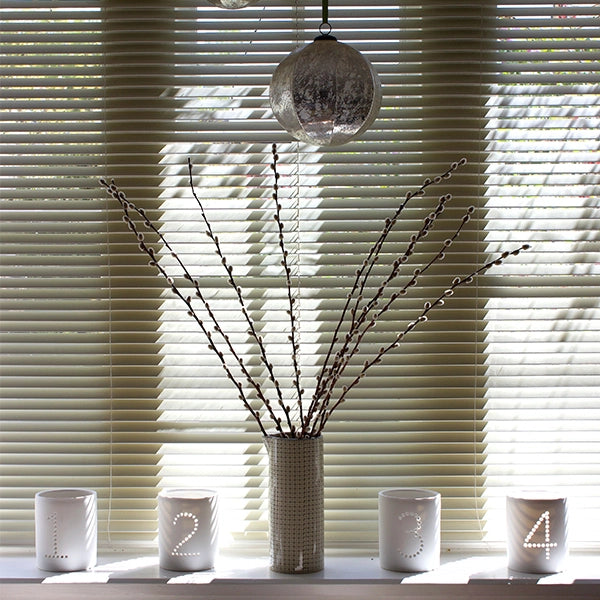
-
Using Cooling Bedding for Sleep
Purchasing high-quality cooling bedding is one of the best ways to keep yourself cool. The cooling bedding is an ideal purchase for people who feel too hot during their sleep, however, also need the comfort of a blanket when falling asleep. Wondering where can you find the best one? We have you covered.
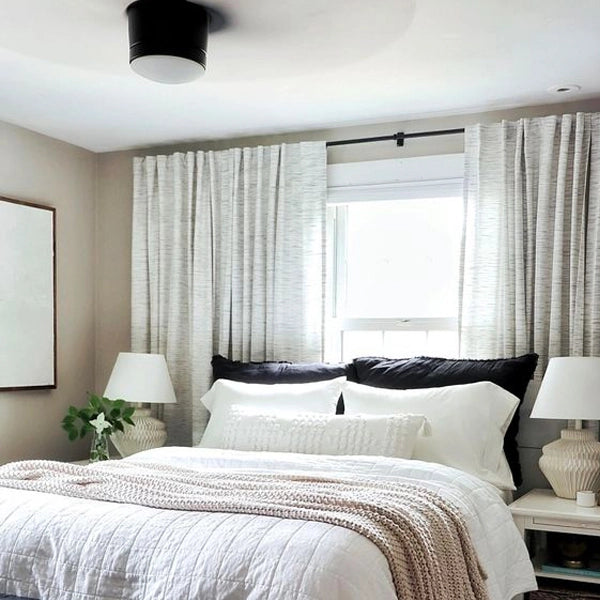
Photo by @ Made by Carli
5.3 Too Cold:
- Consider your Heated Bedding to Maintain Body Temperature
While all the tips mentioned above are undoubtedly great, the one aspect that might improve your sleep schedule is your bedding. Those who feel too cold can invest in excellent options like electric blankets, electric throws or electric mattress pads to keep them warm.
There are several excellent options in the market that provide seekers with high-quality heated bedding. However, we are sure you would only want to trust the best one. If that is the case, then let us help you here.
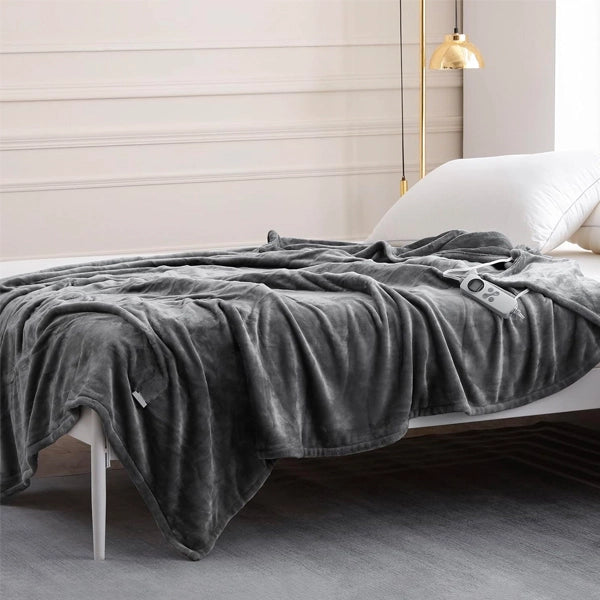
6. Where Can You Purchase the Best Heating Bedding to Maintain Sleep Quality?
Now that you understand all the essential tips that can help you fall asleep, we are sure you must implement all of these to ensure a consistent sleep schedule. However, while all the above aspects can be followed quite quickly to maintain an ideal temperature, purchasing the right bedding can be a task. However, this is exactly where we help you out.
If you are searching for the best heated bedding that will help keep your body temperature in the correct range, look no further than Homlyns. The company has a wide range of quality heated beddings, from electric blankets to heated throws. The surface temperature of our heated beddings is between 30-45 degrees Celsius, which will help maintain an ideal temperature for sleep. This temperature is scientifically proven to be the best in centigrade for your body while you sleep. Hence, if you want bedding that ensures you get quality sleep and is of high quality, too, this might be your best bet.
Conclusion
If you often encounter sleep disorders due to the change in temperature, then we are sure you must be out searching for a link between temperature and sleep quality. If so, we hope this article is sufficient for you. In case you are searching for high-quality bedding to get enough sleep, then make sure to check out Homlyns for sure.
*Some Graphic source network, copyright belongs to the original author, if there is infringement to inform the remedy.




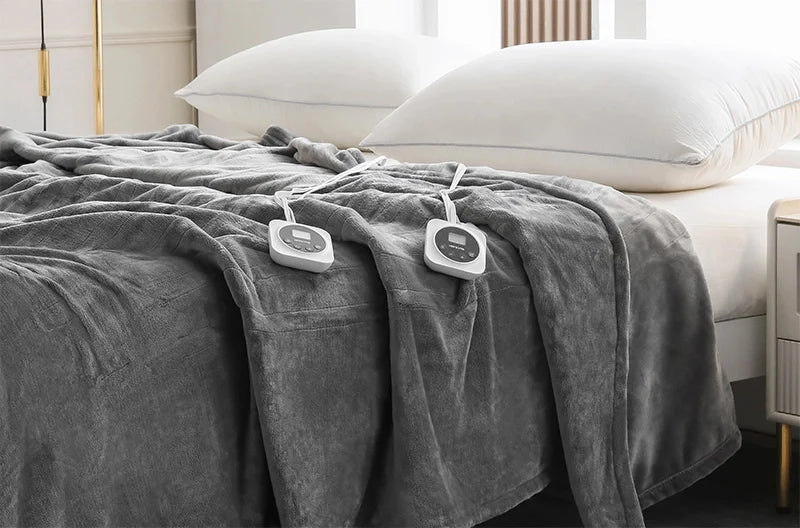
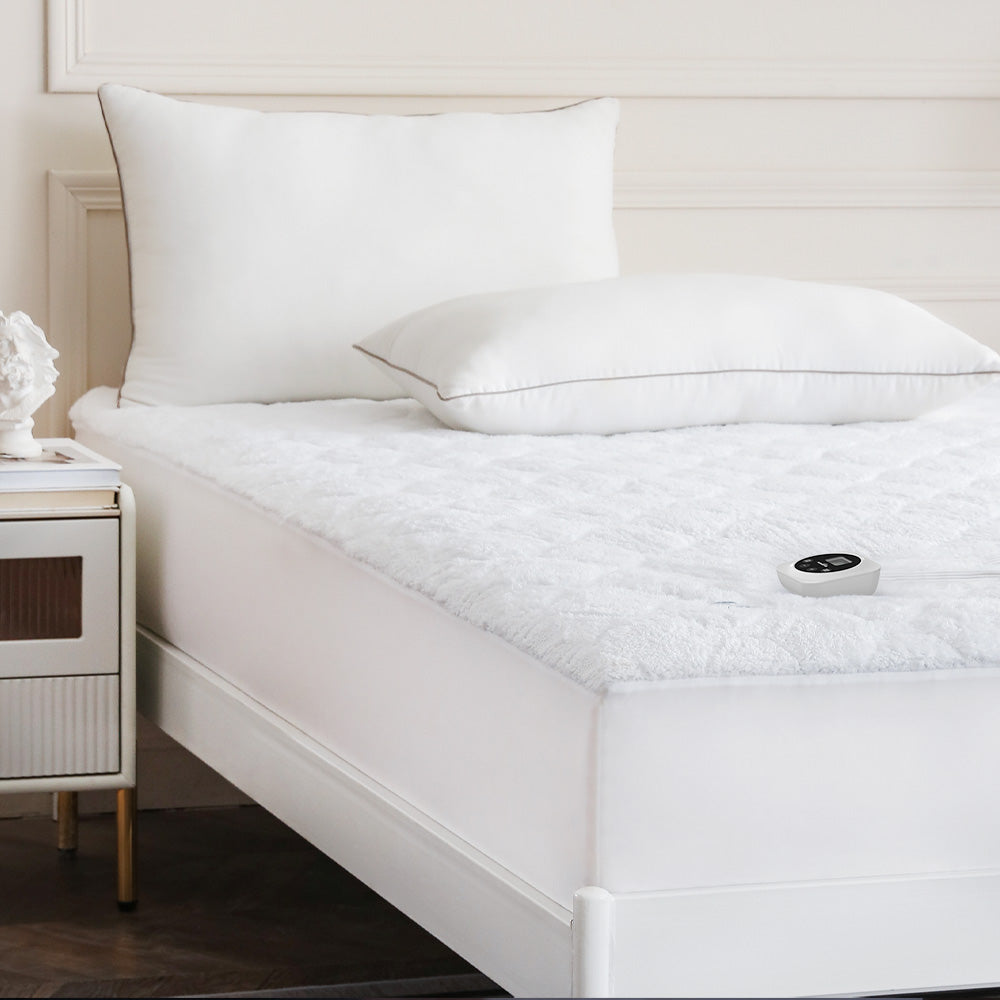
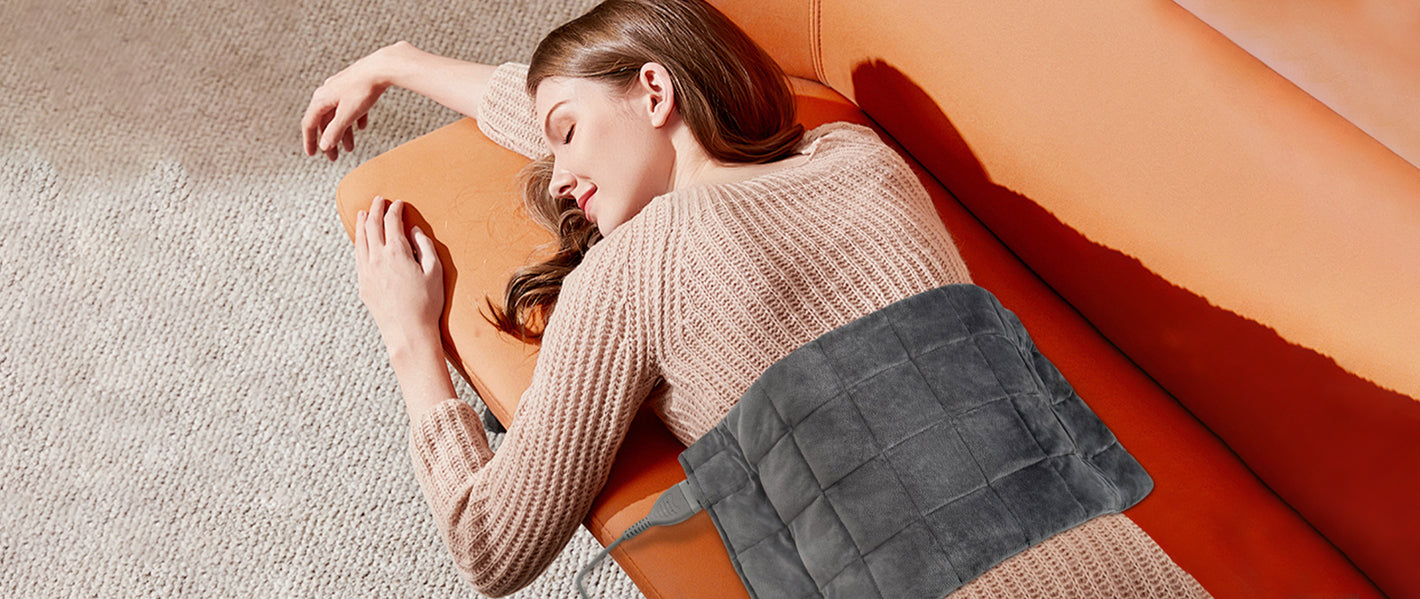
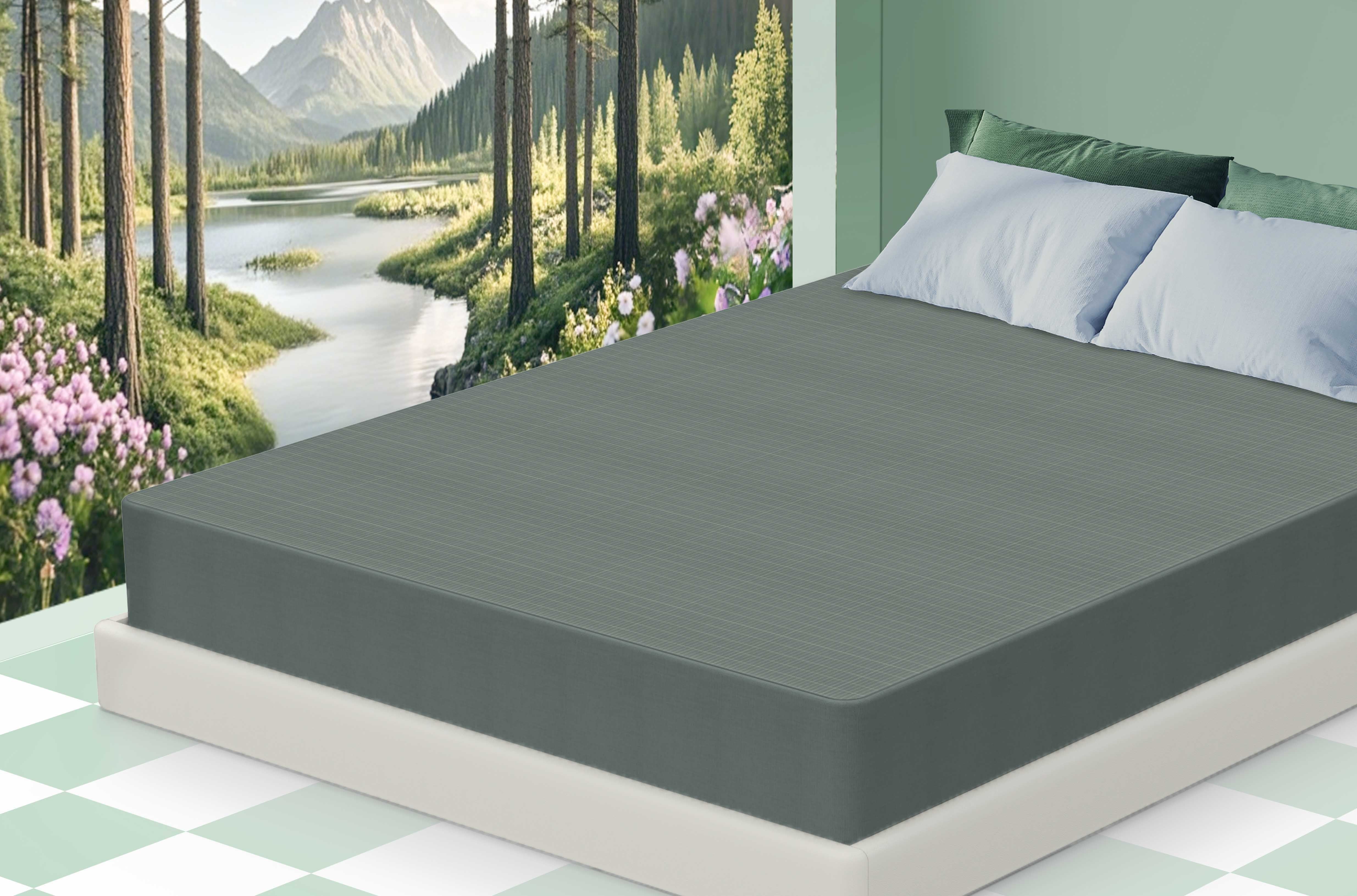
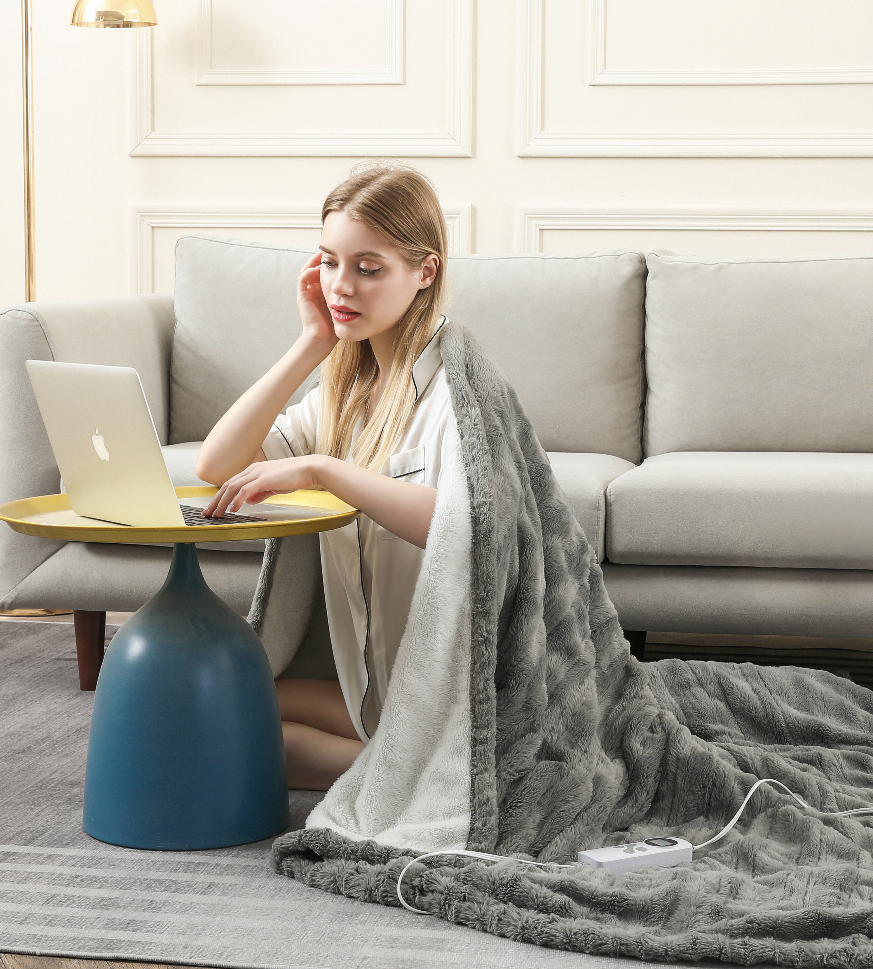
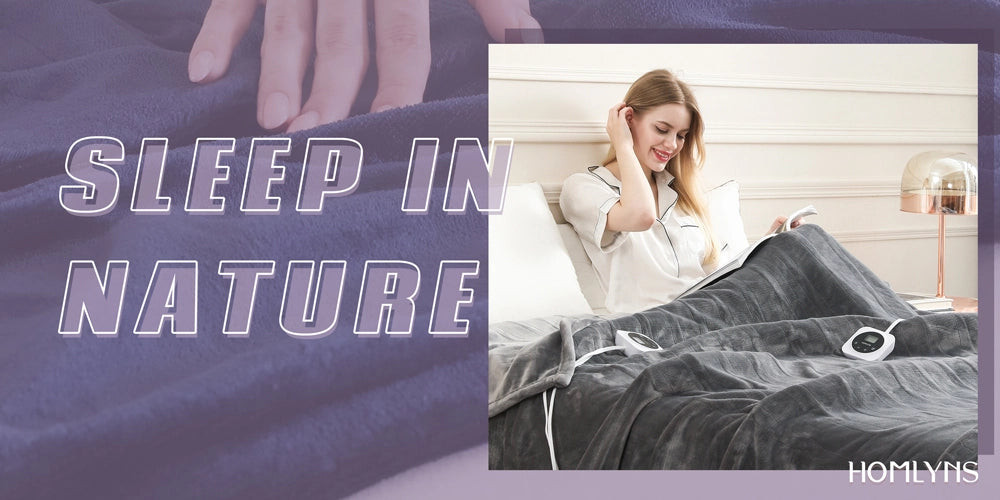
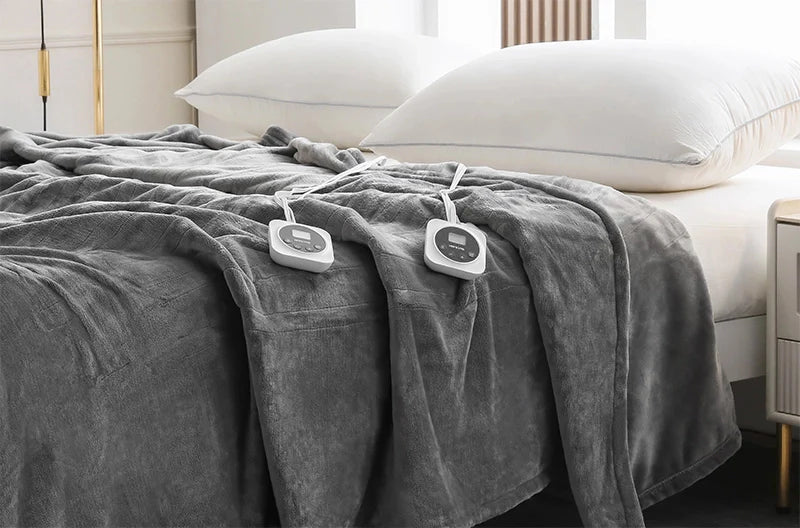
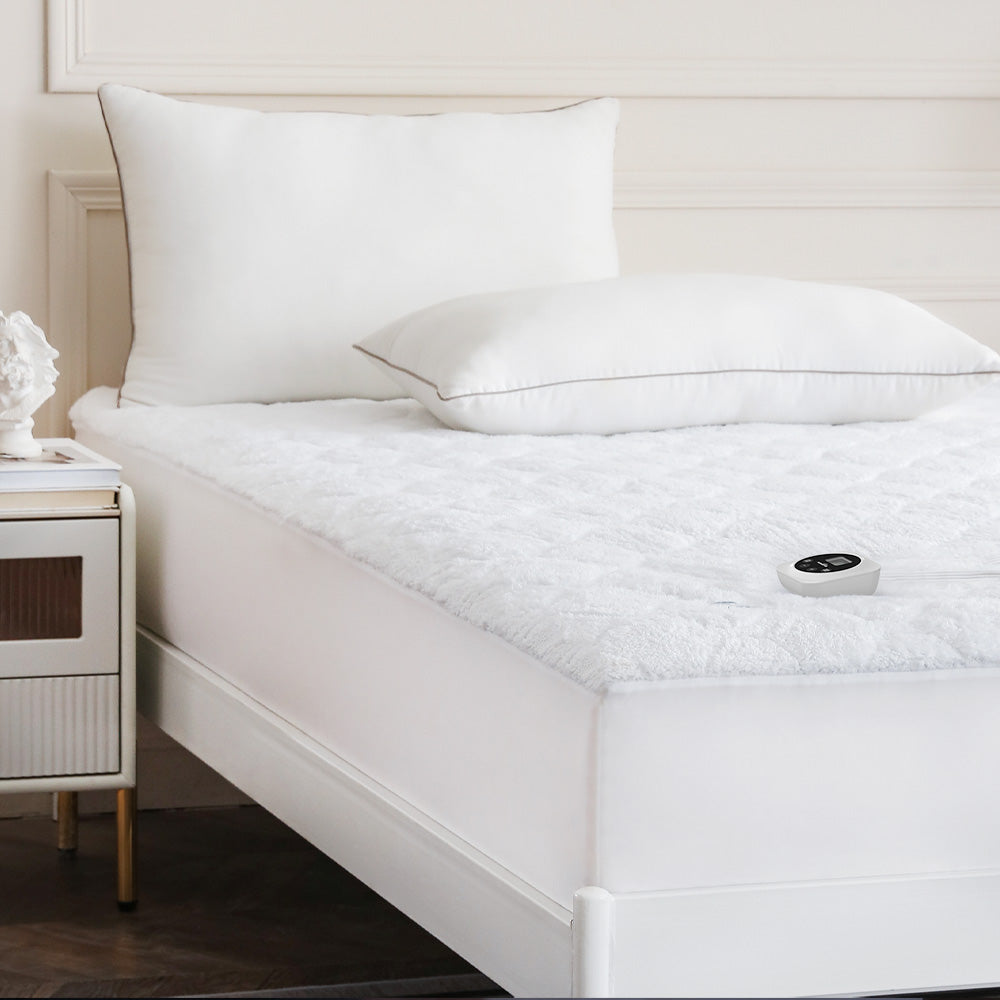

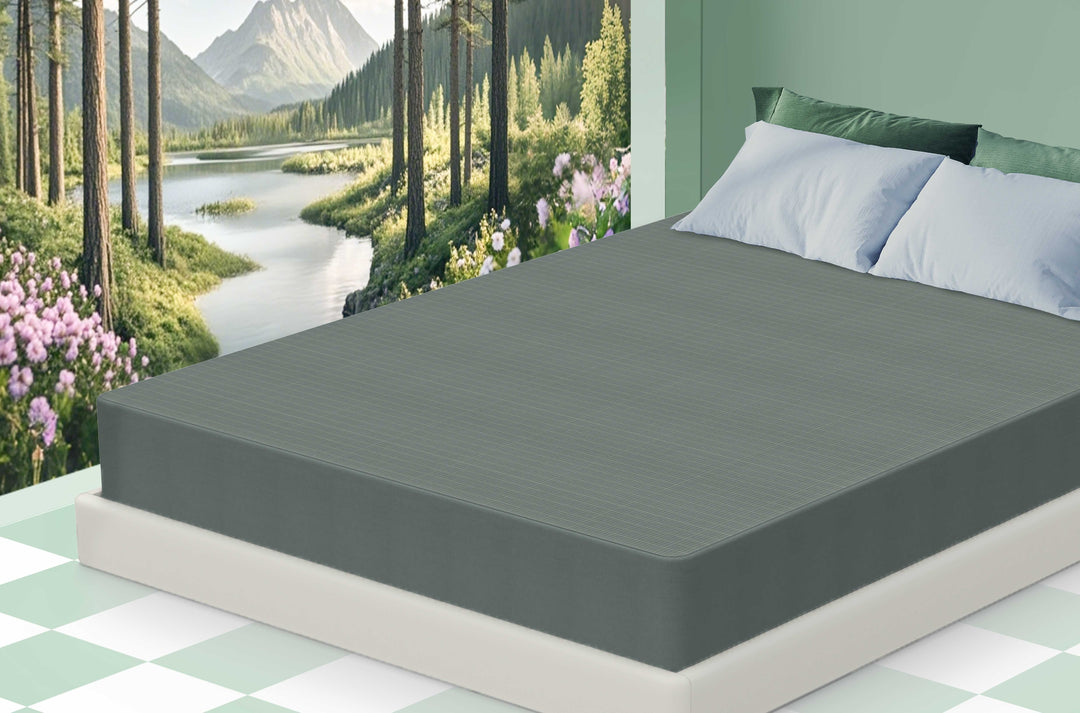



Leave a comment